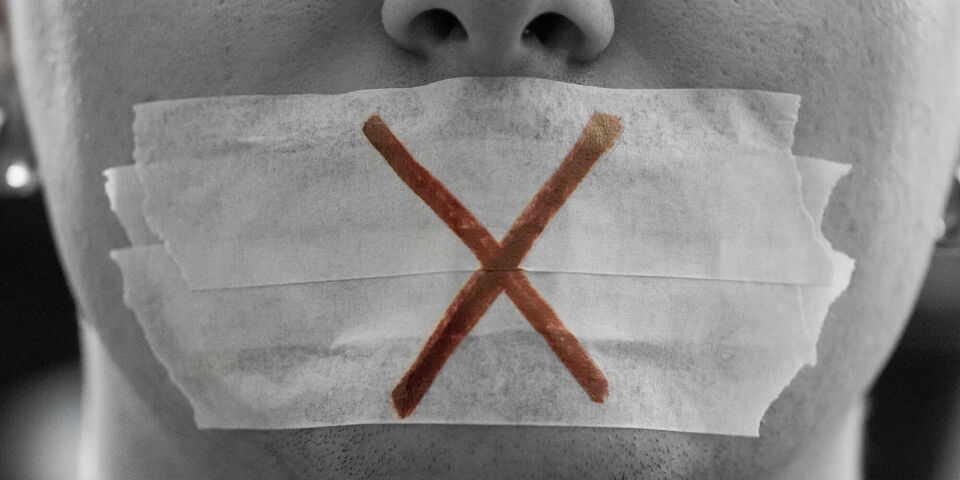The eighth edition of the Scholars at Risk annual report, Free to Think 2022, analyses the violence and repression experienced by students and staff at universities across the world.
The authors list 181 cases of murder, violence or disappearance. In 83 cases, students or researchers were imprisoned. Others were coerced into quitting their jobs, faced travel restrictions or had to defend themselves against false accusations in court.
War in Ukraine
The war in Ukraine has had an enormous impact. Russian attacks and bombings have caused significant damage to Ukrainian educational institutions and research facilities.
In Russia, meanwhile, academic freedom is severely restricted as a result of the war. The Russian academic community has become isolated, and scientists and students who speak out against the war are persecuted. Many dissidents feel like they have no other choice but to flee the country.
Academic freedom
According to Scholars at Risk, academic freedom has declined in 65 countries. In Hong Kong especially, restrictive forces are quickly gaining momentum, as the Chinese government continues to ramp up its efforts to curb free speech.
Other events also worried the researchers. For example, female academics and students in Afghanistan have been barred from higher education following the Taliban’s takeover in 2021.
In the US, a university and the court investigated a teacher after students complained that the required reading for their class was offensive. Scholars at Risk also claims that students in the US are discriminated against by their universities based on their sexual orientation or gender identity.
Under pressure
The organisation, which has logged more than 2,541 incidents worldwide since 2011, calls on authorities and other parties to protect academic freedom. It also wants institutions to show solidarity with academics facing persecution.
Unlike last year, the Netherlands is not mentioned in the report. The 2021 edition included a paragraph on the hotline launched by Forum voor Democratie, which students could use to expose leftist teachers, and the intimidation of academics by the activist group Vizier op Links. To combat this kind of harassment, the WetenschapVeilig platform was launched, which offers a 24/7 hotline for academics who are being threatened.


Discussion